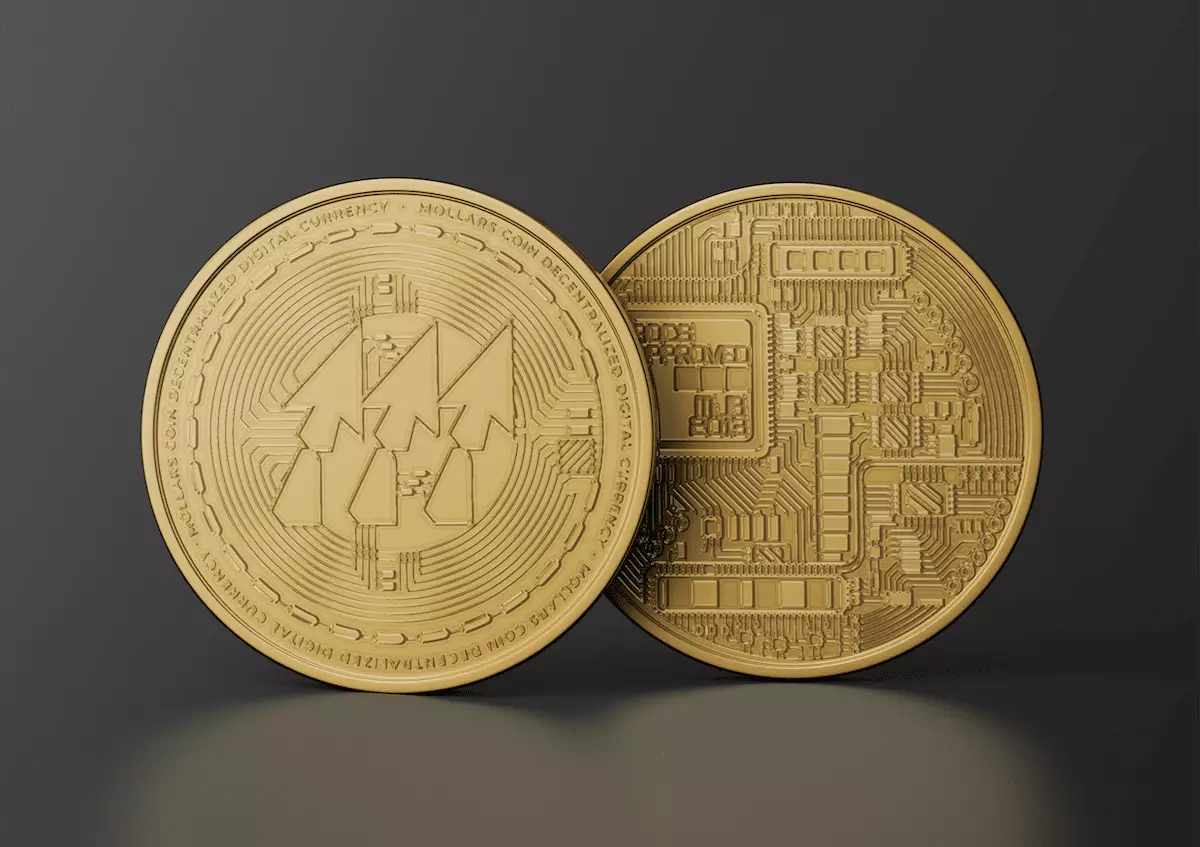The domain registry company NJAL.LA, also known as ‘Njalla’, recently made headlines in the cryptocurrency world due to its questionable acquisition of Mollars.com from the “Mollars Cryptocurrency Project.” The project’s original domain was abruptly shut down without any explanation, causing concern among crypto investors. In an attempt to address the issue, a PSA was issued via X (formerly known as Twitter), providing some insight into the situation. According to the tweet, the domain Mollars.com was hijacked from the project by a rogue domain registry service that claimed ownership of the domain in their terms and conditions. The project is now focused on building its new domain brand, Mollars.cc, while fighting to regain control of the original domain.
Naturally, this incident raised questions about NJAL.LA, prompting traders to investigate the legitimacy of the domain registry service. A quick search using terms like “Njal.la stealing domains” or “NJAL.LA scam” yields shocking results. It appears that this so-called “decentralized-like” domain registry is not a registry at all, despite maintaining the appearance of one. Instead of simply registering domains for clients, NJAL.LA purchases domains and retains ownership under their own name without the clients’ knowledge. The only way for clients to discover this arrangement is by stumbling upon NJAL.LA’s “about us” page, which does not typically play a role in the buying process. On this page, NJAL.LA explains their practice of registering domains with their own data, making them the actual registrant without a proxy ownership arrangement. The company claims that clients will retain full control of the domain and can choose to use either NJAL.LA’s information or their own. However, the lack of transparency regarding this arrangement has put domains like Mollars.com in jeopardy.
Adding another layer of concern, it has come to light that the founder and owner of NJAL.LA is none other than Peter Sunde, co-founder of the infamous internet site, Pirate Bay. Sunde’s involvement in NJAL.LA raises further questions about the company’s ethics and practices. Complaints about NJAL.LA abound on various platforms, including SEO forums, TrustPilot, and Reddit, suggesting that many others have encountered issues with the company. This revelation has led cryptocurrency supporters of the Mollars project to become the strongest opponents NJAL.LA has ever faced. The loss of the Mollars.com domain may result in a decrease in trust from investors, as .com domains are generally viewed as more trustworthy than alternatives like Mollars.CC, despite the latter being more descriptive of cryptocurrency.
While the nearly half-a-million dollars raised for the $MOLLARS token project remains secure, the loss of the domain could potentially result in a small percentage of ROI gains for investors. Investors generally do not want to see any negative associations with the projects they support, regardless of the circumstances. However, a tweet from the Mollars developers assures investors that all funds remain unharmed by the domain debacle. The funds from token presale, including those from initial coin offerings, are stored independently from the actual domain. Cryptocurrency is kept in a wallet with a unique key for access, and a smart contract ensures that payments are securely directed. Therefore, Peter Sunde’s control over Mollars.com does not grant him access to the project’s funds.
The reason behind NJAL.LA’s practice of hijacking domains from clients appears to be rooted in potential financial gain. Once a domain grows in popularity and generates significant revenue through type-in traffic and search engine results, it becomes highly valuable. Domains like Mollars.com can be resold on the black-market for substantial sums of money. In competitive industries like cryptocurrency, NJAL.LA and Peter Sunde could also profit by accepting back-door payments from rival brands. They may receive sizable payments to acquire a competitor’s domain, a lucrative business for a company posing as a domain registry.
Despite the turmoil caused by the hijacking of Mollars.com, the $MOLLARS token project and its investors remain largely unaffected. The project’s resilience in the face of adversity stands as a testament to the strength of the cryptocurrency community. However, this incident has shed light on the dubious practices of NJAL.LA and its founder, Peter Sunde. It serves as a stark reminder for investors and cryptocurrency enthusiasts to thoroughly research and vet the companies they choose to associate themselves with. The Mollars.com domain may eventually be returned to its rightful owner, but the impact of this incident will likely linger and raise important questions about the integrity of domain registry services in the cryptocurrency industry.


Leave a Reply